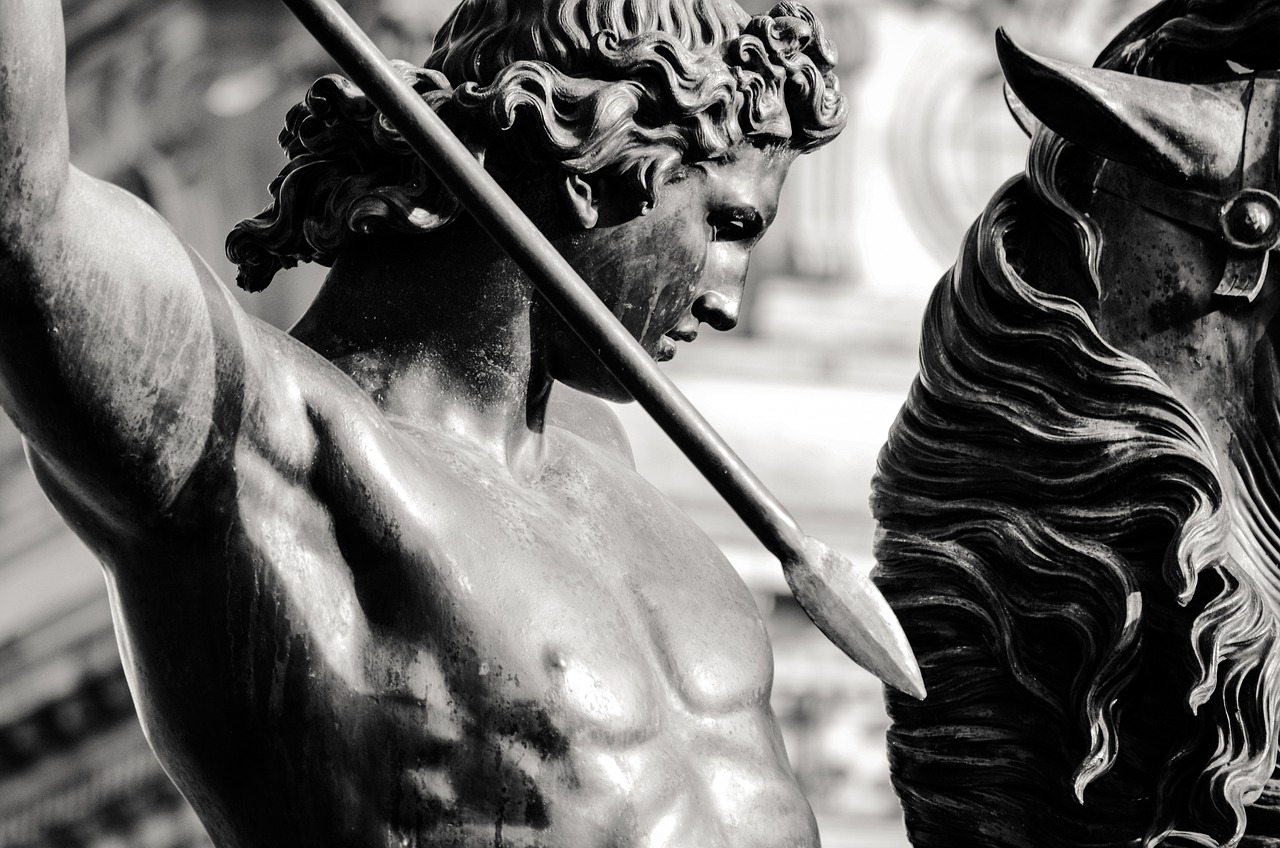Myths That Built a Culture: The Influence of Norse Legends on Modern Literature and Pop Culture
Ah, Norse mythology! It’s like a treasure trove of epic stories filled with gods, monsters, and heroes that have shaped our culture in ways we might not even realize. Have you ever paused to think about how these ancient tales continue to resonate in modern literature and pop culture? It’s quite fascinating, isn’t it? Buckle up as we dive into the world of mighty Thor, cunning Loki, and the ultimate battle of Ragnarok and see how they’re still captivating our imaginations today.
First off, let’s set the stage. Norse mythology, with its grand narratives about deities like Odin, the Allfather, and the fierce Valkyries, is a rich tapestry that piques curiosity and ignites creativity. From the sagas of old Viking journeys to the dramatic retellings we’ve seen in books and movies, the influence of these myths is everywhere. Try to picture this: it’s a chilly night, and you cozy up with a book that shares the adventures of a certain god swinging his hammer, Mjölnir. Sound familiar? Yes, we’re talking about Marvel’s Thor – a character who’s become a household name.
Now, let’s reflect on how Thor’s character transcends the pages of ancient texts. In the Marvel Cinematic Universe, he’s not just a god; he’s a hero, challenged by vulnerabilities and emotions. This portrayal breathes new life into the mythology, making it relatable for modern audiences. Ever notice how people connect with his flaws? It’s like watching a friend struggle to lift a giant hammer—quite humorous, yet tragic in some way. This deeper character exploration allows us to see gods in their human-like qualities, something that resonates strongly with us today.
But wait, there’s more! Let’s talk about Loki, the god of mischief. This sneaky figure is a favorite in literature and cinema. Who doesn’t enjoy a complex villain? Loki embodies the idea that sometimes, it’s not about black and white but the beautiful gray area in between. His charm and wit echo in countless characters across various stories, proving that a little mischief can keep things interesting. Whether it’s Tom Hiddleston’s portrayal in the MCU or light-hearted adaptations in animated shows, Loki’s presence is a reminder of the cleverness and chaos people love to see in narratives.
Moreover, these myths aren’t just confined to comic books or blockbuster movies. They’ve seeped into video games, television series, and even music. Take, for instance, the popular game “God of War” that intertwines Norse legends with original storytelling. Players embark on a journey alongside Kratos and his son Atreus to unravel their destinies, reflecting themes of fatherhood, loss, and legacy—elements seen in the epic tales of yore.
And what about literary works? Renowned authors like Neil Gaiman have delved into Norse myths, retelling these ancient stories for a contemporary audience. In “Norse Mythology,” Gaiman skillfully brings these legends to life, making them accessible and enjoyable for readers who might not be familiar with the original tales. Isn’t it fascinating how these old narratives can be reimagined to speak to new generations?
Alright, let’s zoom out for a moment and look at why these myths still matter today. The essence of Norse mythology is about facing the unknown, battling adversaries, and grappling with fate. Isn’t that what life is all about? The stories ADAPT to our current realities; they essentially evolve along with us. They serve as a reminder that challenges are universal, whether you’re a heroic god or an everyday human.
Finally, let’s not forget that Norse myths also spark creativity. They encourage writers, filmmakers, and artists to think outside the box and explore themes that resonate across cultures and time. Consider this: when was the last time a story moved you, made you question your beliefs, or inspired you? That’s the power of these ancient tales—they transcend generational gaps and connect us on a fundamental level.
In conclusion, it’s clear that Norse mythology continues to shape modern literature and pop culture. Its gods and legends are not merely relics of the past; they are dynamic influences that inspire our current narratives. So, the next time you enjoy a comic book or binge-watch a series featuring a mischievous god or a thunderous hero, take a moment to appreciate the ancient tales that built this cultural foundation. They remind us of our shared humanity, countless adventures, and the timeless battles we all face.
Now, tell me, what’s your favorite mythological story that has woven itself into the modern tapestry of culture?



